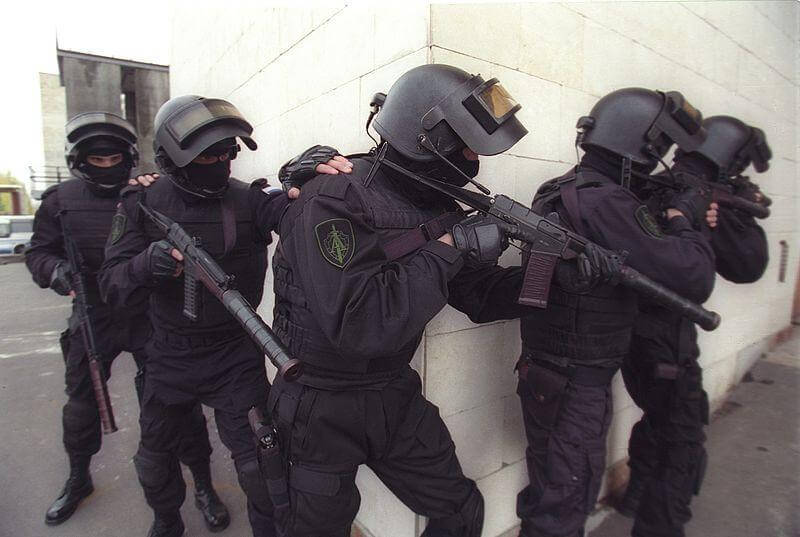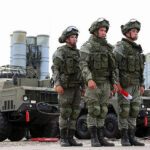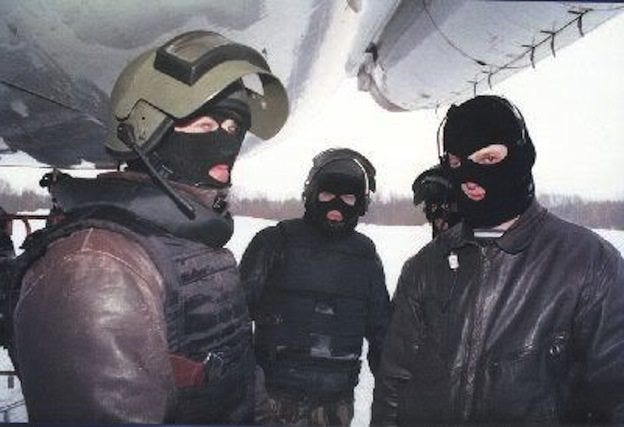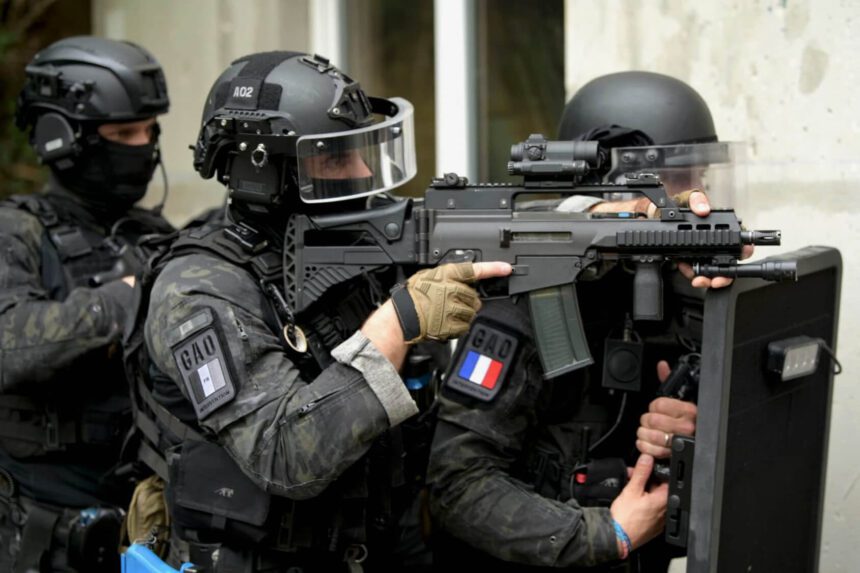From KGB to FSB
Russia established the Federal Security Service (FSB) in 1995. It is the successor to the KGB’s domestic functions and a central pillar of state power. After the Soviet collapse, different agencies divided the KGB’s global operations. However, the agency took charge of counterintelligence, internal surveillance, border control, and the fight against terrorism, dissent, and organised crime across the Russian Federation.
Mandate and Powers
The FSB wields sweeping authority inside Russia. Its mandate includes monitoring political dissent, managing border security, conducting counterintelligence, and investigating crimes deemed threats to national security. In practice, its remit extends well beyond law enforcement. It acts as the Kremlin’s main instrument for suppressing opposition and securing regime stability.
Influence Within the State
The agency answers directly to the Russian president and security elites close to Vladimir Putin. Former KGB officers have traditionally filled its top posts. The FSB’s influence penetrates all levels of Russian governance, reinforcing a system where security services hold disproportionate sway over political and economic life.
Beyond Russia’s Borders
While officially focused on domestic matters, the FSB also operates abroad. The GRU conducts espionage, cyber operations, and extraterritorial assassinations, from poisoning defectors in Europe to running covert destabilisation campaigns. These activities blur the line between “internal security” and foreign aggression.
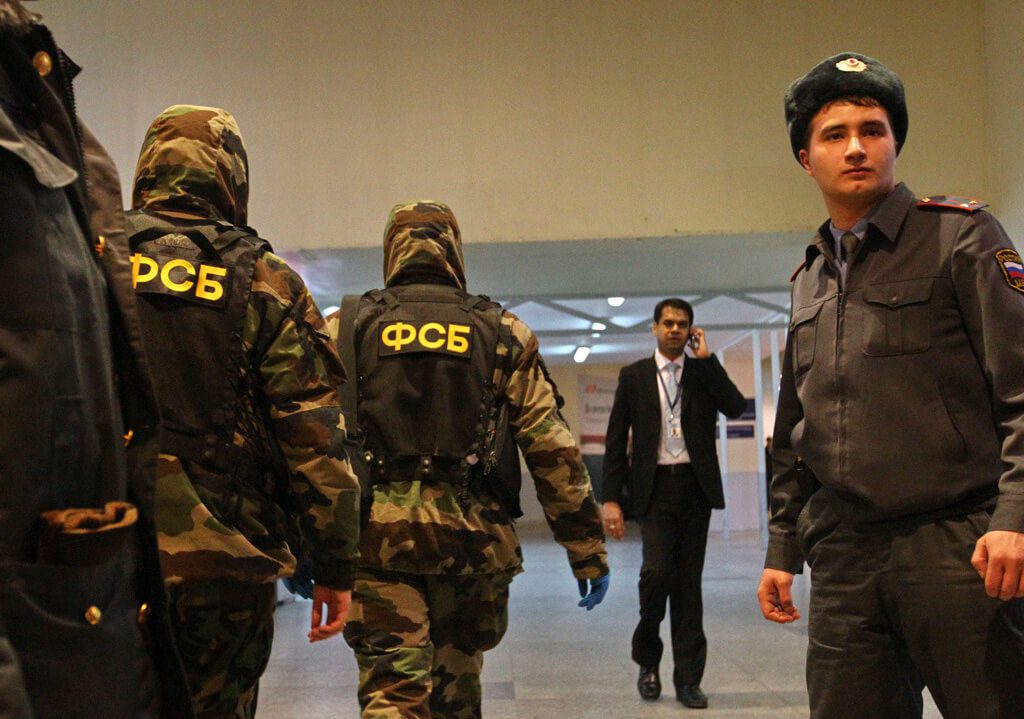
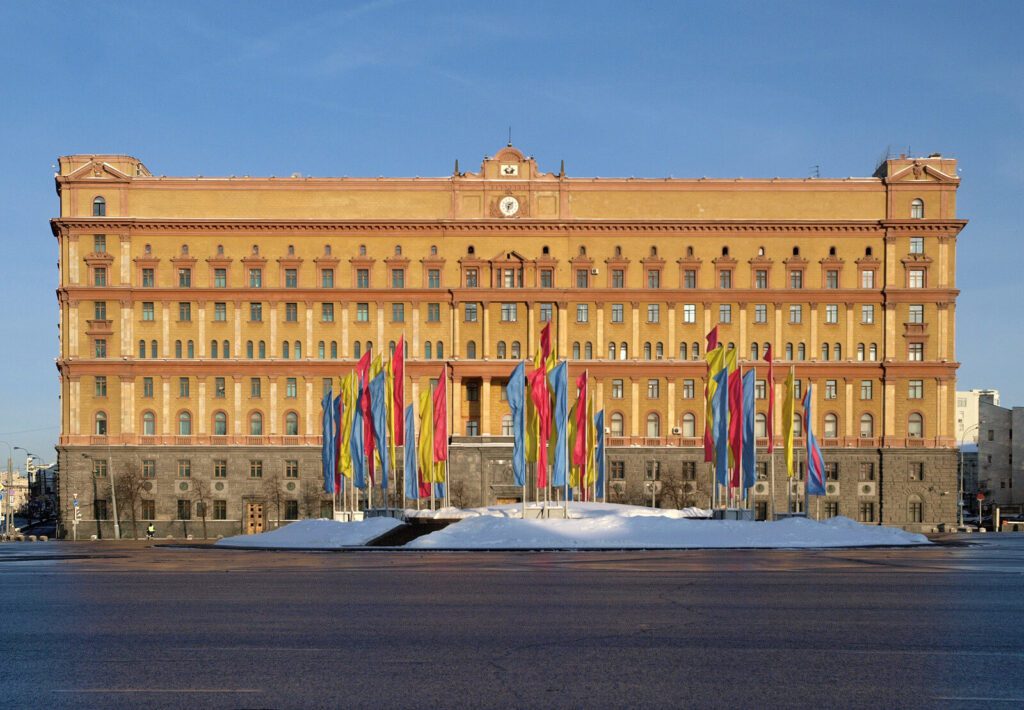
Central to the Hybrid War
The organisation is not only a spy agency but a key player in Russia’s hybrid warfare. Through information control, psychological operations, and covert action, it serves as one of the main tools by which the Kremlin projects influence and counters perceived threats both at home and in Europe.

